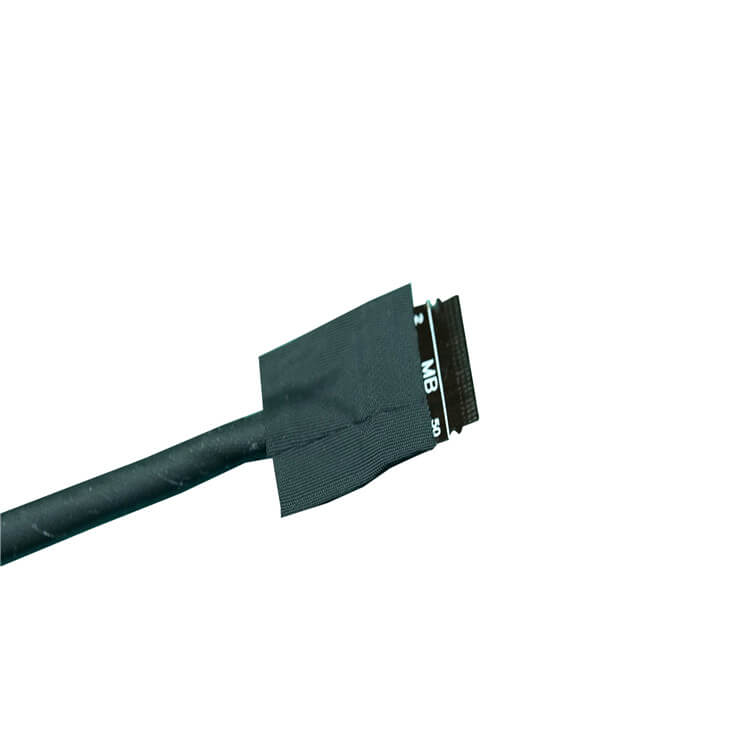Miniature coaxial cables are essential components in modern electronics, telecommunications, and high-frequency applications. Whether you’re designing a medical device, a military communication system, or a consumer gadget, choosing the right miniature coaxial cable ensures optimal performance and reliability. However, with so many options available, selecting the best cable can be overwhelming. This guide breaks down the key factors to consider when purchasing miniature coaxial cables, helping you make an informed decision.
Miniature coax cables typically come in standard impedance ratings like 50Ω or 75Ω. Ensure the cable’s impedance matches your system’s requirements to avoid signal reflections (measured by VSWR – Voltage Standing Wave Ratio). Mismatched impedance can degrade signal integrity.
Check the cable’s rated bandwidth and frequency range. For high-speed data or RF applications (e.g., 5G, radar), choose cables that support frequencies beyond your current needs to future-proof your design.
Lower attenuation is critical for maintaining signal strength over long distances. Compare attenuation values (dB/meter) at your operating frequency. Cables with advanced shielding or low-loss dielectrics (e.g., PTFE) often perform better.
Look for cables with robust shielding (e.g., double or triple shielding) to minimize electromagnetic interference (EMI) and radio frequency interference (RFI). This is vital in environments with high noise, such as industrial settings.
If your application involves movement or tight spaces (e.g., robotics, wearable tech), prioritize flexible cables with a small bend radius. Avoid overly rigid designs that may crack or fail under stress.
Ensure the cable’s connectors (e.g., SMA, BNC, MCX) are compatible with your devices. Mismatched connectors can lead to poor connections or signal leakage. Customizable options are available for specialized needs.
Verify the cable’s operating temperature range and resistance to moisture, chemicals, or UV exposure. For harsh environments (e.g., aerospace, automotive), opt for jackets made of materials like FEP or PFA.

Copper (especially silver-plated copper) is widely used for its conductivity, but aluminum or steel may suit budget-conscious projects with lower performance demands.
High-quality dielectric materials (e.g., foam polyethylene, PTFE) reduce signal loss and improve phase stability. Avoid cheap alternatives that may degrade over time.
Reputable manufacturers adhere to industry standards like MIL-SPEC (military) or ISO certifications. These ensure consistency, durability, and compliance with safety regulations.
Research suppliers’ reputations through customer reviews, testimonials, or industry forums. Established brands like Times Microwave or Huber+Suhner often provide higher-quality products.
Some projects require custom lengths, connectors, or shielding. Choose suppliers offering tailored solutions and engineering support.
Reliable suppliers provide detailed datasheets, including electrical specs, mechanical drawings, and compliance certificates. Avoid vendors with vague or incomplete information.
While budget is important, don’t sacrifice quality for lower costs. Cheap cables may save money upfront but lead to failures, replacements, or system downtime. Compare lifecycle costs rather than just initial pricing.
Our factory offers high-quality products at competitive prices
IntroductionIn today’s fast-paced digital world, reliable and high-speed data transmission is critical for industries ranging from telecommunications to aerospace. Enter High-Speed Data Micro-Coax—a cutting-edge miniature coaxial cable e.
KEL’s Micro Coaxial Cable solutions are at the forefront of modern electronic connectivity, offering exceptional performance in high-speed data transmission, miniaturization, and reliability. These connectors are integral to various.
Feel free to reach out to us for any inquiries or orders